12V refrigerators are the perfect camping addition that add flexibility and more options to your RVing adventure. They can be used for road trips, in a permanent cabin, for trucking, for camping, and more. Why? Well, the flexibility that comes with the 12V power supply means that you can operate it for longer without being hooked up to shore power. When you're choosing these refrigerators, then you're choosing more than just a way to keep your food cold. With these fridges comes durability, power capabilities, and RV specific features that let them blend seamlessly into your rig.
The Basics
12V fridges and freezers don't plug into the wall, but rather hook directly into the wiring in your RV. This way, it can stay stable and be plugged into the correct electrical system, as wall plugs run a different power circuit. There are several other reasons why 12V refrigerators are great for RV camping. First, an RV that is powered by 12V power has more flexibility when considering how level your surface is. While it is still a good idea to camp on a level surface, it's less pressing than if you were using a propane refrigerator. Second, many models include both a refrigerator and a freezer. With this duo, you have more choices on what you are able to bring along on your campout. These refrigerators also tend to have higher energy efficiency, as they are designed not to draw as much power as they would if they were attached to shore power. Their size is also a big plus. RVs tend to have smaller layouts and may not be able to house a residential refrigerator. With a smaller 12V fridge, it can better fit your layout. Also, because it's designed for RV travel, they're more rugged and more flexible for dry camping.
There are a few cons to be aware of, including a slight increase in noise and a decrease in temperature efficiency, as extreme temperatures will affect the cooling performance. They also tend to have a smaller capacity due to their smaller size.
Things To Consider When Buying
There are several things to consider when you're looking for a new fridge:
- Size. The space available in your RV will determine which size of refrigerator you are able to support. This isn't just for the space in the kitchen, though. Many people also forget about their RV door width. After all, you're going to need enough room to get the fridge in there in the first place. Also, keep the capacity in mind, as this will determine how much food you can bring along. If you are looking for a fridge with greater portability, then keeping the size smaller will be a good idea. Finally, the size will impact the weight of the model. To prevent your RV from exceeding its weight capacity, make sure you know how much weight you have left and whether the fridge will fit inside of this capacity.
- Efficiency. The efficiency of the unit will determine how effective it will be at both keeping your food cool and running off of your electrical system. This efficiency could be affected by how the fridge is insulated, what the cooling capacity is and how many amps it pulls. Another point of efficiency is how long it will last. After all, it isn't very efficient to be buying a new fridge every year.
- Where/when you'll be using it. You'll need to keep in mind where you are planning on installing it and how often you'll be using it. The more often you use it, the more durable it will need to be. As for where it will be installed, it's a good idea to know how you will need to be installing the fridge. For example, if you're going to be installing it on top of a pre-existing cabinet or structure, a smaller one that's lighter might be the best way to go. Also keep in mind where you will be camping, as extreme temperatures can impact how powerful the cooling power will be and you may need something with a bit more power.
Tips For Better Efficiency
While different models have different levels of efficiency, there are a few things you can do to improve the efficiency you already have. First, turn on the fridge the night before you leave. This will allow it enough time to cool down before you use it. Next, rather than placing room temperature items in the fridge, cool them down beforehand. This will put less stress on the fridge. Finally, keep the fridge full but not too full. Having a full fridge means spending less energy cooling it, however, overfilling it will prevent the cold air from properly circulating, which will mean more energy to cool your food down.



 $1,299.95
$1,299.95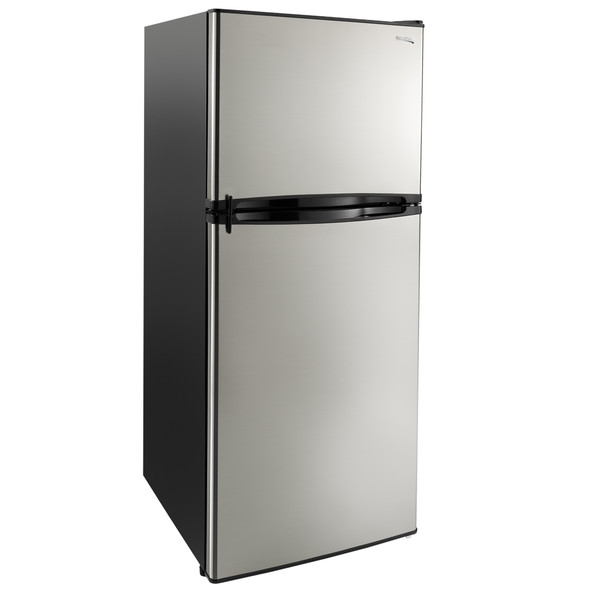
 $1,299.95
$1,299.95
 $689.95
$689.95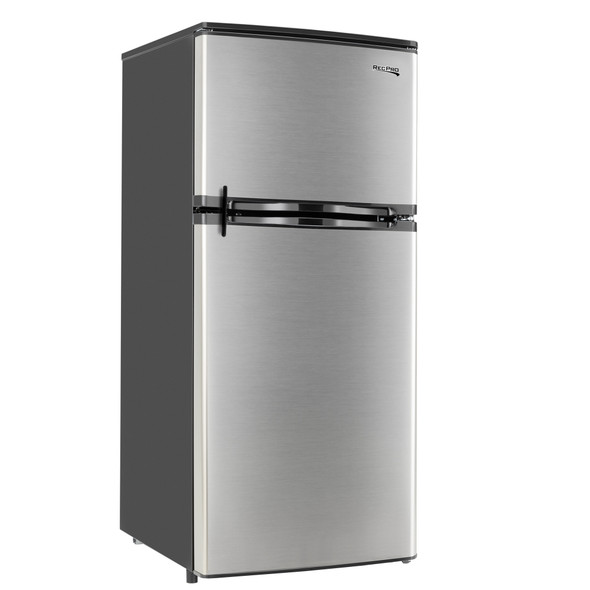
 $689.95
$689.95
 $589.95
$589.95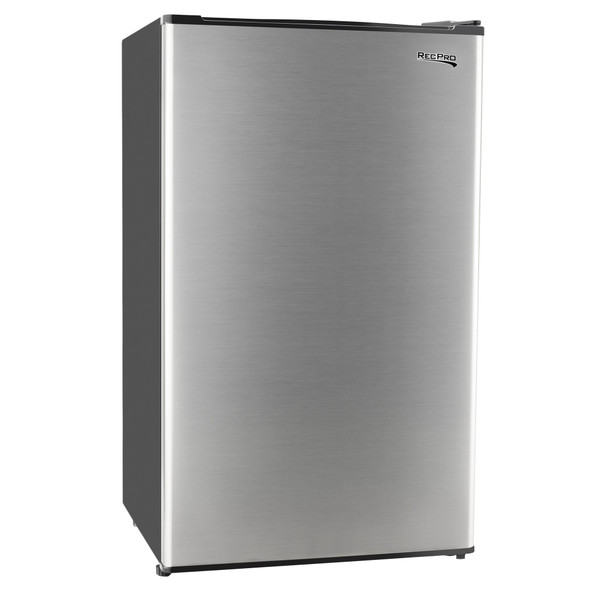
 $589.95
$589.95
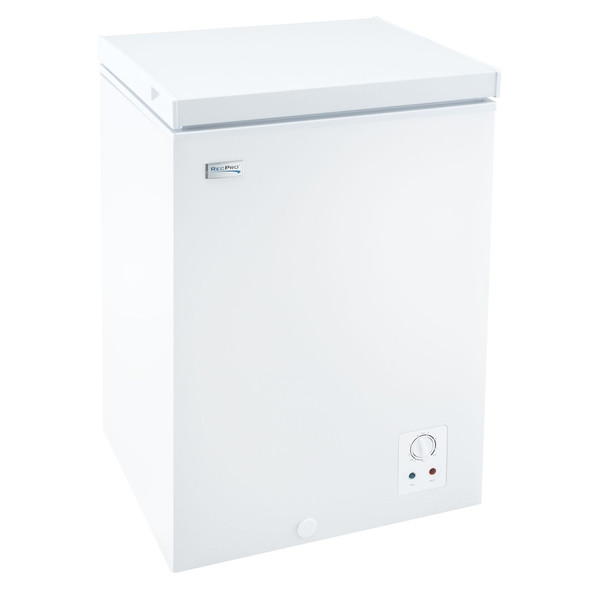 $569.95
$569.95
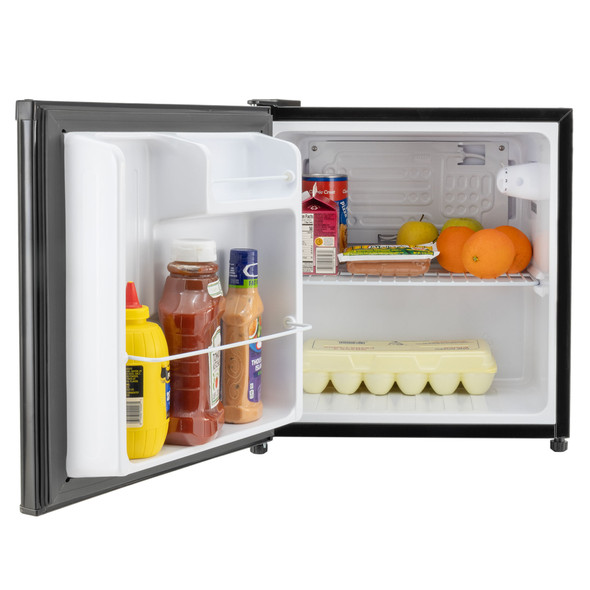 $314.95
$314.95
 $309.95
$309.95
 $51.95
$51.95